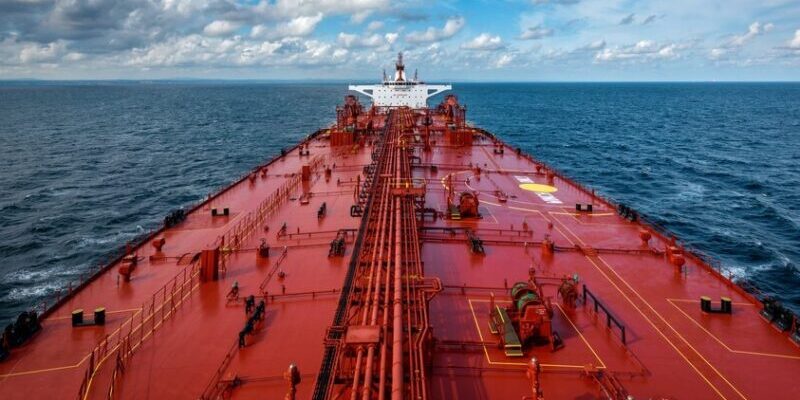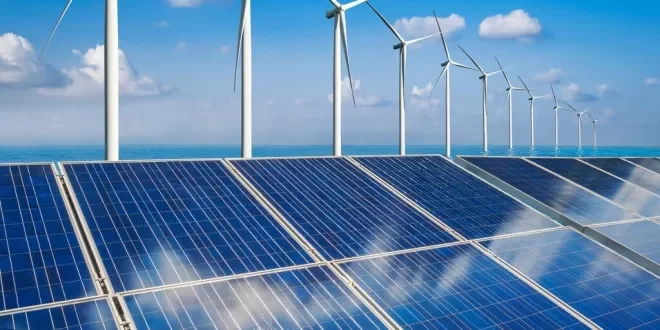Nigeria’s new Dangote oil refinery is significantly increasing gasoil exports to West Africa, capturing market share from European refiners, according to traders and shipping data.
Constructed at a cost of $20 billion by Africa’s richest man, Aliko Dangote, on the outskirts of Lagos, the refinery is currently producing a lower grade of gasoil than anticipated.
This is due to awaiting the restart of units necessary for producing cleaner fuels, prompting the refinery to seek buyers in neighboring markets.
In May, the refinery’s gasoil exports reached nearly 100,000 barrels per day (bpd), almost double April’s levels, as per data from analytics firm Kpler.
Most of these exports were directed to other West African countries, with one cargo shipped to Spain.
However, preliminary June gasoil volumes saw a sharp decline, although overall oil product exports—including fuel oil, naphtha, and jet fuel—remained relatively high at 225,000 bpd.
A European distillates trading source noted that the refinery has “changed the balances in West Africa,” consequently impacting European markets.
Data from Kpler indicated that EU and UK gasoil exports to West Africa dropped to a four-year low of 29,000 bpd in May, while Russian exports to the region fell to an eight-month low of 87,000 bpd in the same period.
Additionally, Dangote has been selling some high-sulphur gasoil within Nigeria, but is currently involved in a dispute with local fuel retailers over the sale of dirtier fuel.
Nigeria’s 2021 oil law mandates a sulphur content of 50 parts per million (ppm) in alignment with ECOWAS standards adopted in 2020. Despite this, the regulator allowed gasoil with sulphur content above 200 ppm to be sold locally until June to give refineries and importers more time to comply with the new standard.
With European countries such as Belgium and the Netherlands tightening regulations on high-sulphur gasoil exports, cargoes from the Dangote refinery are now being sent to regions with more lenient fuel standards.
Total 42 , Today 1




